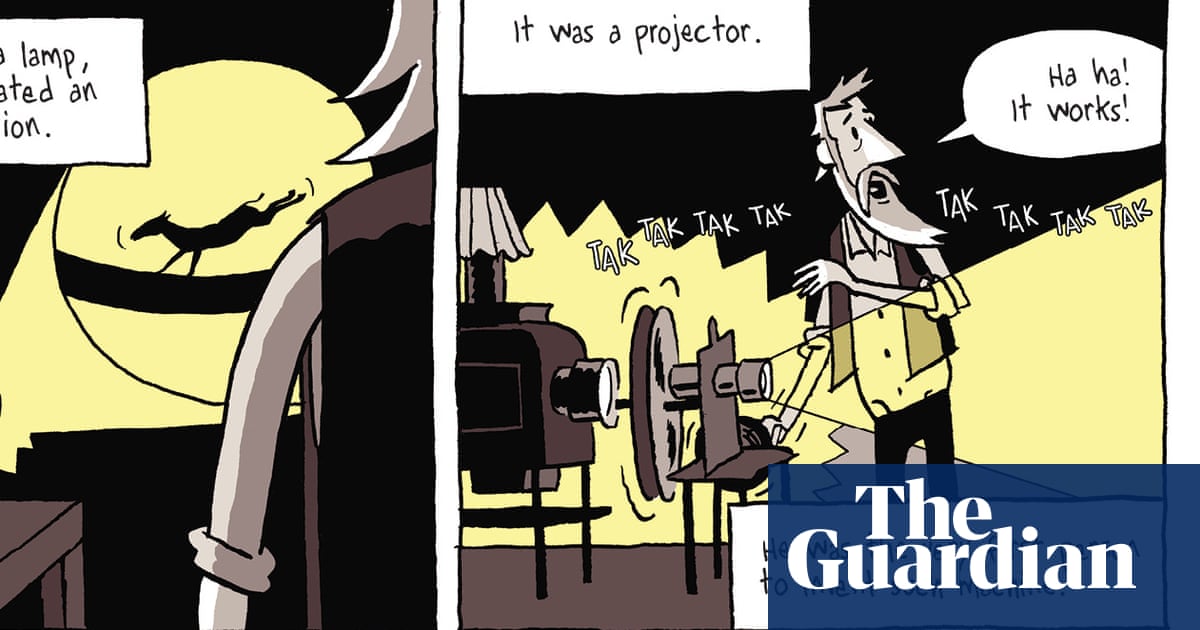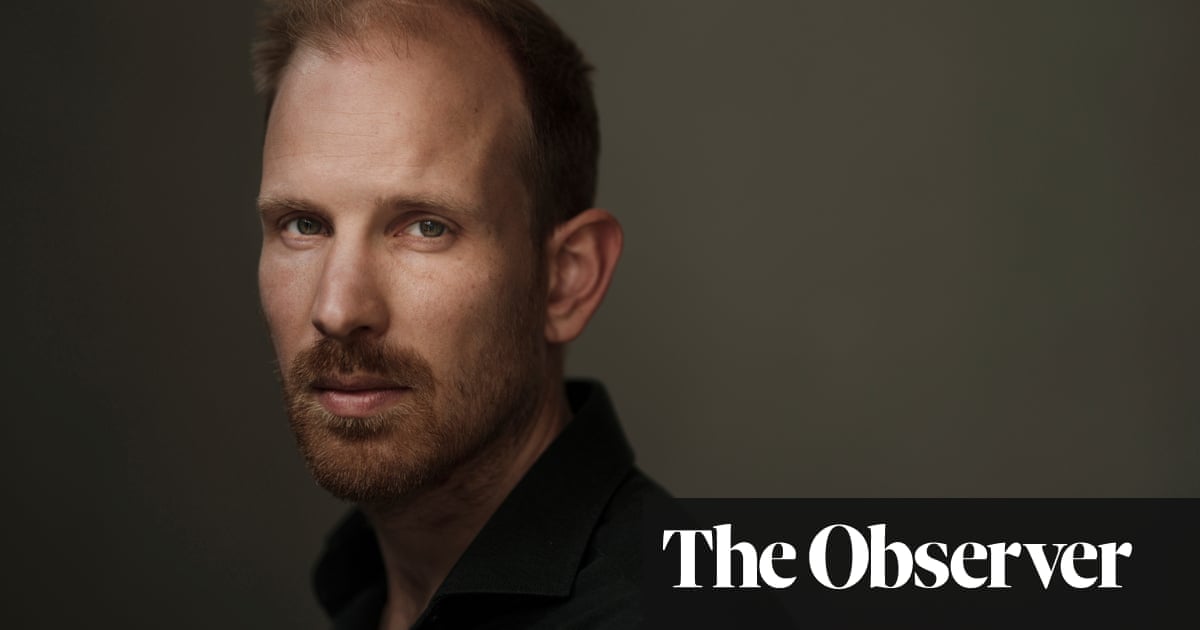Without clowning, Olly Mead would never have had the courage to become a politician; Issy Millsop wouldn’t have swapped her career for something that paid less but was more fulfilling; and Lucy Heard wouldn’t have learned to “appreciate silliness, being stupid and playful, and the freedom that gives me”.
Therapeutic clowning, albeit still niche, is gaining in popularity: while 10 years ago, Holly Stoppit says she was probably the only therapeutic clown teacher in the UK, there are now teachers across the country.
The rise, she says, is remarkable. “Whereas just a few years ago, I was a lone animal, you can now do a different therapeutic clown workshop every weekend – if you live, for example, in Bristol,” said Stoppit (whose real surname is Stoddart).
“There’s been a definite shift in the reason people are seeking out clowning,” said Stoppit, who grew up on the road with her family’s circus theatre company. “There’s a huge wave of people now who are not interested in performing; they’re interested in the self-development that therapeutic clown training offers through creating a safe, playful environment for self-discovery, healing and relieving yourself of pent-up feelings.”

Therapeutic clowning focuses on what practitioners say is the transformative power of play and laughter to boost physical and psychological wellbeing.
“It’s beyond mere entertainment,” said Alicia Gonzalez, from The Clown Institute, “Play and laughter serve as potent remedies, reducing stress, boosting morale and fostering a sense of joy amidst challenging life circumstances.”
Therapeutic clowning isn’t about being the funniest or mastering a repertoire of gags. Instead, said Gonzales, it’s about forging genuine connections with other people.
Nose to Nose clown school offers therapeutic clowning workshops in the UK and across Europe. Alison Stockford, a clown facilitator at the school, has observed a significant increase in the number of other professionals teaching therapeutic clown. “It’s very noticeable,” she said. “They’re focusing primarily on personal development.”
Vivian Gladwell, the founder of the school, said that while the classes are not therapy, they are “therapeutic in nature, focusing on personal development and expression”.
“A lot of people tell us they’ve come because they’re struggling with certain things,” he added. “We often see transformation in those people.”
Mead was unemployed and struggling when he stumbled on a therapeutic clown workshop. “I found solace there and it helped me overcome a disconnect between my brain and body, improve my confidence and connect with others,” he said.
After his course, Mead stood for election and became a local councillor. “I gained a newfound confidence that translated to me seeking out a political career,” he said. “I found I was able to question authority and engage with the others effectively. Clowning allowed me to be more myself.”
Millsop was initially shy and uninterested in theatricals when she started her therapeutic clown training last year. “Clowning was a self-awareness tool rather than an acting pursuit for me,” she said. “I started at the suggestion of my therapist and found clown helped me to embrace my vulnerabilities and increase my self-awareness more than any therapy I’ve ever done.”

Heard began practising as a therapeutic clown after studying with Stoppit. She is part of a clown group that meets for “play and connection” but have no aspirations to perform.
“Therapeutic clowning is beneficial for managing my mental health because it allows me to express and explore different aspects of my personality in a vulnerable and playful manner,” she said. “Unlike conventional therapies, therapeutic clowning offers a space for honest, simplistic emotions, which are more accessible and less intimidating.”
Jon Davison, a clown and lecturer in clowning at London Metropolitan University who founded the London clown school, agreed that learning clown as personal exploration – without any desire to perform in public – was new.
“It’s understandable in this moment when we’re in a world where we don’t know how to make things better any more,” he said.
The therapy of clowning, he said, works not just because of the relief of behaving in a ridiculous way but from having to reveal what you usually hide and suppress for people to laugh at. “When that happens, you get validated,” he said. “That’s hugely therapeutic.”

Lorna Rose Treen, the award-winning comedian and co-writer of BBC Radio 4 Time of the Week comedy show, studied clown for two years in France. “I think it’s the most therapeutic of all the drama techniques,” she said. “It changed me fundamentally because it tackles fear of failure.
“I think it’s most powerful for women because we’re still told not to be stupid and not to take up space: I used to be really anxious taking up space on a stage – and when I did, I never played female characters.”
But Treen warned that those considering taking up clown for therapeutic reasons should take care. “Therapeutic clowning is a very specific thing: it’s not what mainstream clown classes or clown school are about: those techniques push you into uncomfortable places that require huge resilience.”
She also warned that anyone can call themselves a clown therapist. “You need someone who has studied how to make a safe space, and a safe community.”

 3 months ago
55
3 months ago
55













































